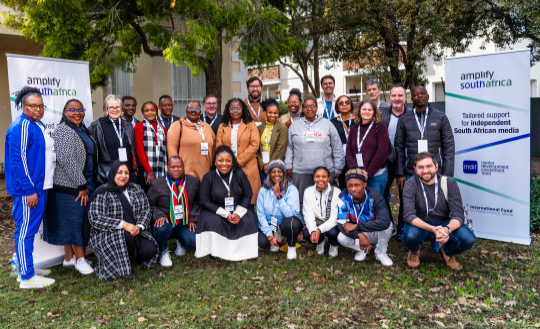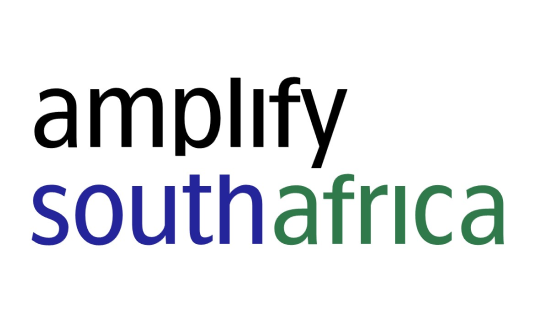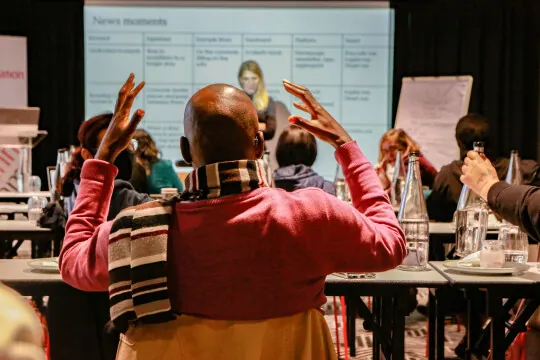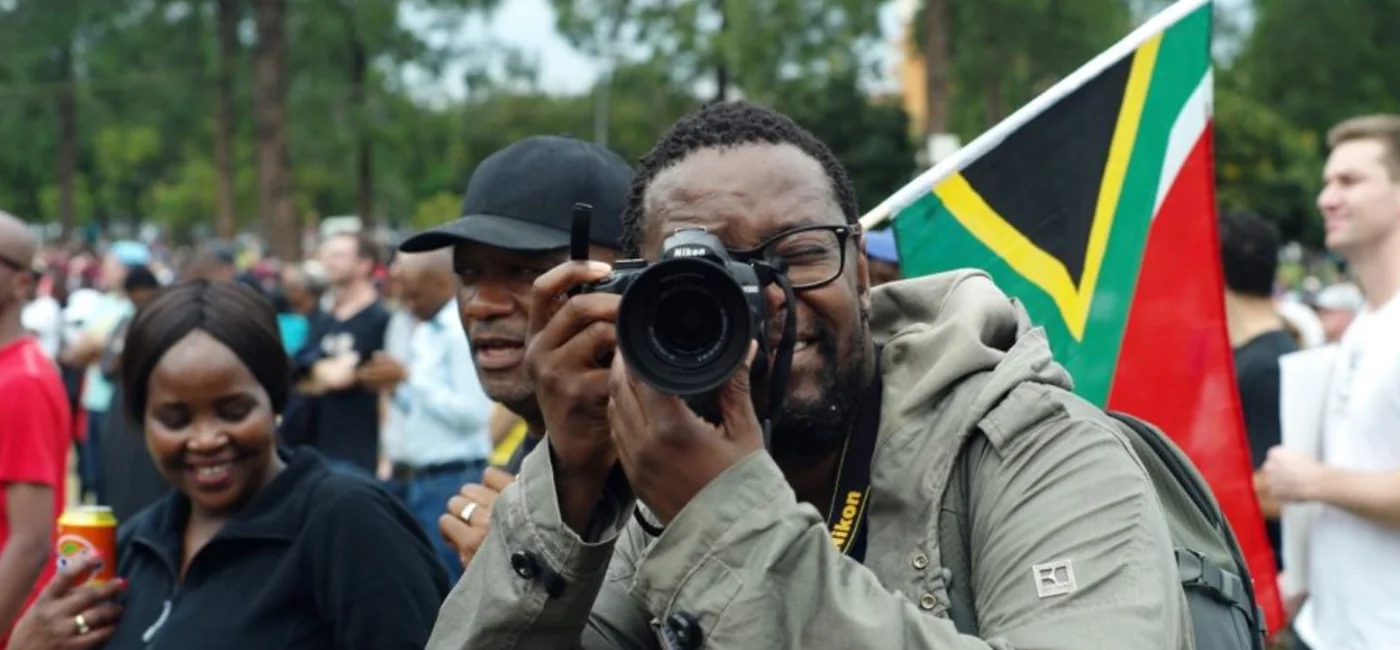
Amplify South Africa
Tailored support for South African media
Amplify South Africa provides tailored mentoring, capacity strengthening and grant funding to selected independent media. Focused on enhancing revenue streams, expanding audience reach and exploring innovative business models, it builds on the successes of MDIF’s South Africa Media Innovation Program (SAMIP) which, from 2017 to 2023, worked with 27 media outlets and carried out six investments.
Amplify South Africa continues this legacy of advancing media innovation and offering a pathway for media outlets to thrive in the evolving digital landscape. The program is funded by the International Fund for Public Interest Media.
Applications are currently closed.
Key features
With a dynamic blend of personalized, hands-on learning and collaborative networking, here’s what participants can expect from the program:
- Bespoke one-on-one coaching and training to drive business growth
- Diverse media management advice by local and international experts
- Support from media start-up specialists to identify and develop optimal business strategies and models
- Focus on developing new revenue streams and building audience, while maximizing engagement and customer experience
- Advice on organization, leadership, project structure and execution workflow
- Targeted grant funding tied to capacity support to maximize effectiveness
- Workshops, hands-on-training and opportunities to connect with industry experts and fellow participants to gain insights from successful real-world examples
What applicants need to know
Amplify South Africa invites existing independent media companies and non-profit organizations, as well as new ventures that are less than a year old, to apply.
Over a two-year period, the Amplify South Africa cohort will develop the tools and skills needed to experiment with revenue and audience generation opportunities and test new business models. Amplify South Africa encourages collaboration and the cohort will have opportunities to participate in spaces created for co-learning and knowledge exchange.
We are looking for independent media ranging from early stage, small scale to more established organizations serving both urban and rural audiences. Applicants should have innovative initiatives/projects that address issues impacting the organization’s sustainability and independence.
In addition to bespoke coaching, the media cohort will have access to targeted grant funding, typically ranging from $5k-$25k per year, depending on the project.
Applications are currently closed.
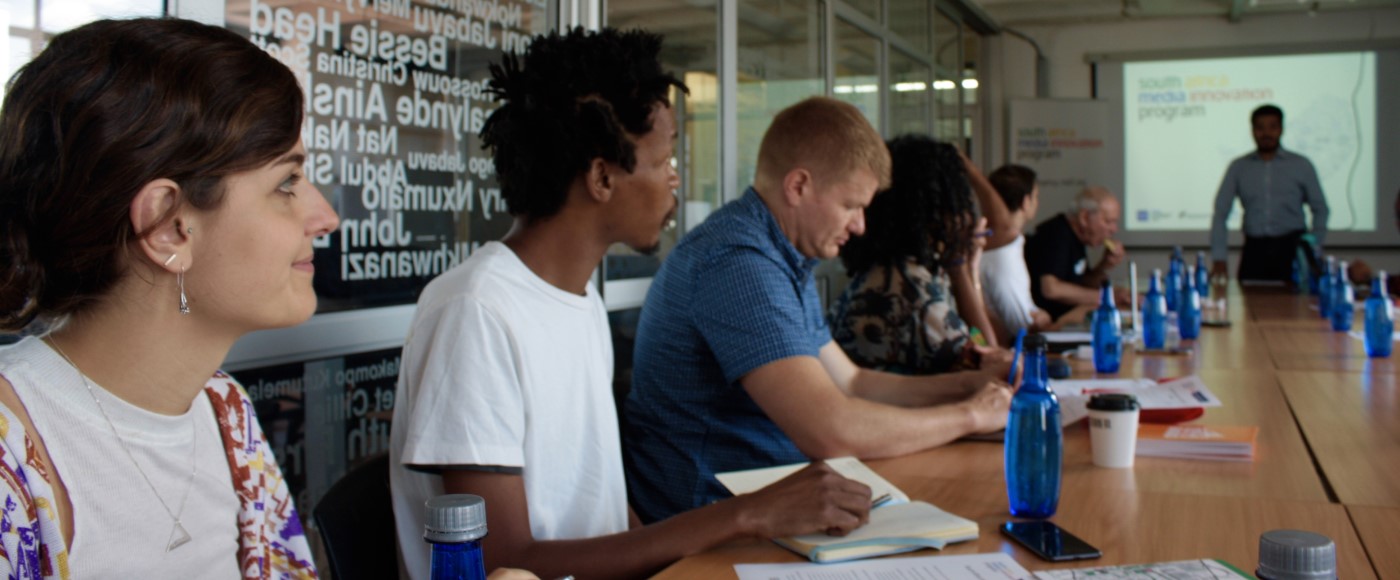
Advisory Committee
The Advisory Committee (AC) plays a crucial role in the review and selection of successful candidates for support from Amplify South Africa. AC members also contribute to Amplify SA by providing key insights and contextual analyses of the independent media sector, and harnessing their experience to provide thought leadership, advice and support on key program issues. They also share reflections on the program and provide feedback and learning to improve processes and programming for the cohort.
Mapi Mhlangu
Founder and Managing Director, MInsight Content Creation
With more than 23 years of newsroom experience, Mhlangu is the former Managing Director and Editor-in-Chief of South Africa’s first 24-hour news channel, eNCA. She cut her teeth in radio news at the SABC, before transitioning to television news. During her time at eNCA, she was instrumental in the development of young television reporters, before rising the ranks to be Editor-in-Chief. Mhlangu has since made the transition from the newsroom to entrepreneur. She is the founder and Managing Director of MInsight Content Creation, which provides solutions and holistic communications strategies for local and international organizations. The company has built a formidable track record of designing organization-specific communications strategies for various local and international business entities, social and food security initiatives, and tourism bodies, among others. Mhlangu holds an MBA from Henley Business School and is a former Duke University Media Fellow. An avid reader, political scholar and journalism training advocate, Mhlangu is also a mentor to many in the industry. She has also served as a judge on the Emmy’s for television news, and the Standard Bank Journalism Awards.
Catherine Gicheru
Director, Africa Women Journalism Project
Catherine Gicheru is the founder and director of the Africa Women Journalism Project (AWJP), established during her International Center for Journalists (ICFJ) Knight Fellowship. The AWJP equips women journalists with the skills and resources to drive nuanced, evidence-based journalism that sheds light on crucial but under-reported issues affecting women and other marginalized groups in society, and works to strengthen the voices of women journalists by helping them to become innovators in their newsrooms. Catherine leads a team of journalists, mentors and data analysts in Ghana, Kenya, Nigeria, Tanzania, Uganda, South Africa and Senegal. She has worked with The Nation Media Group and the Star newspaper in Kenya in roles ranging from investigative reporting to editorial leadership and advocating for women’s voices and perspectives to be heard and respected within newsrooms.
Bilal Randeree
Chief Program Officer
With two decades of experience across finance, management and editorial, Bilal has helped numerous media companies navigate challenging business and operational environments. Before joining MDIF in 2017, Bilal worked for KPMG, Al Jazeera and successfully scaled a digital media start-up. He is a Chartered Accountant (CPA equivalent) and holds a post-graduate diploma in Journalism and Media Studies from Rhodes University. He received his undergraduate degree in Finance and Marketing and Honours degree in Accounting from the University of Kwa-Zulu Natal.
Sebenzile Nkambule
Managing Partner, IJ Hub
Sebenzile is an experienced journalist, strategic communications expert and media development practitioner. She previously led a regional organization supporting investigative journalism in southern Africa. She has also worked in the social justice and human rights sector in Africa, and previously held a senior managerial role at a regional human rights and social justice non-profit organization. Sebenzile was awarded the prestigious Fulbright Humphrey Fellowship, through which she specialized in digital storytelling and strategic communications at the Walter Cronkite School of Journalism and Mass Communication at Arizona State University. She holds a BA Journalism degree majoring in International Relations, and Honours and Master’s degrees in Gender Studies from the University of Pretoria.
William Shoki
Editor, Africa is a Country
Will is currently serving as Editor at ‘Africa is a Country’ and he also hosts the publication’s podcast. A respected researcher, academic and writer, he is known for long-form pieces that weave in-depth research with sharp political and social commentary. Will has written for The New York Times, Jacobin and Al Jazeera+ in addition to South African publications such as the Mail & Guardian. He has risen through the ranks at Africa is a Country and serves on the editorial collective of Amandla Magazine.
Khadija Patel
Journalist-in-Residence, International Fund for Public Interest Media
Khadija is the former Editor-in-Chief of the Mail & Guardian in South Africa, the co-founder of the youth-driven, award-winning digital news startup, The Daily Vox, and the Vice-Chairperson of the International Press Institute (IPI) in Vienna. As a journalist, her work has appeared on Sky News, Al Jazeera, The Guardian, Quartz, City Press and the Daily Maverick, among others. She is also a research associate at WISER (Wits Institute for Social and Economic Research at the University of Witwatersrand) and is passionate about the protection and enhancement of global media as a public good.
FAQs
A media organization applying for Amplify South Africa must fulfill certain conditions. Please read through the full eligibility criteria to check whether your company might qualify.
- Applicants must be media outlets based in South Africa, independent from the government or any other political or economic interest group.
- Applicants must be supportive of democratic practices and institutions, political pluralism, transparency, human rights, dignity and equal rights for all, regardless of race, ethnic or social origin, gender, sex, sexual orientation, disability, religion, culture or language.
- Applicants should have a particular business and/or revenue and/or transformation project they are planning to work on over the next 12-24 months (or early in the stages of an existing project) targeting one or more of the following focal areas:
- New revenue opportunities: Innovative solutions to revenue challenges that media companies face – opening up new revenue streams to make media organizations more sustainable and independent.
- Digital native products: New approaches to collecting news and information, and to reporting, storytelling and distribution, that embrace the possibilities of technology and contribute to the viability of news operations.
- Reaching communities in rural/underserved areas: Innovative approaches to reach and empower people generally underserved by existing news media.
- Innovation in distribution: Media technology and tools that help to distribute local and relevant news in a cost-effective and sustainable way.
- Transition to digital: Finding and implementing solutions, products or processes that assist legacy media to transform their businesses.
- Applicants must be willing to commit sufficient time to work with coaches/mentors and carry out assigned tasks.
No. Whilst Amplify South Africa is an English medium program, media organizations working in any of South Africa’s official languages will be encouraged to apply.
Yes, but they must be committed to developing non-donor revenue streams.
Amplify South Africa principally provides capacity-building support in the form of coaching and training. The program does have available some targeted grant funding tied to capacity support to maximize effectiveness.
Coaching schedules are based on agreement between the media and the coach assigned to work with them, but virtual meetings are usually weekly, bi-weekly or monthly, with periodic in-person coaching meetings as well. At least two of the media’s top executives should be ready to participate regularly in the coaching program.
Applications are currently closed.
If you have a question that isn’t answered here, please contact us on [email protected].
Participating Media

Type: Digital
All Protocol Observed publishes The Continent, an award-winning African weekly newspaper designed to be shared on Whatsapp, which reaches 21,000 subscribers in 140 countries.

Type: Broadcast
Cape Town TV is a non-profit, free-to-air, community television station serving as a tool for development and social change in the greater Cape Town metropolitan area.

Type: Digital
Currency is a financial, economic and business news start-up with a non-profit division focused on investigative journalism and training and mentoring Black journalists in business reporting.
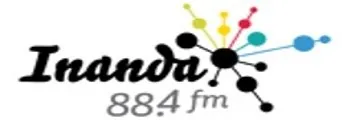
Type: Broadcast
İnanda 88.4 FM is an award-winning family broadcaster servicing the INK Area in eThekwini Municipality, KZN. Broadcasting in both Zulu and English, it celebrates local talent, fosters connection and amplifies the voices of its vibrant community.

Type: Digital
Likhanyile is a boutique media company that produces two Zulu publications, the online business-focused, Umbele, and a Zulu education and careers publication, Umkhanyisi, which is distributed via WhatsApp to high school learners and teachers.

Type: Digital
Mamba Online is South Africa’s longest-running independent LGBTIQ+ online news and community platform with the purpose of informing, empowering, visibilizing and engaging South Africa’s LGBTIQ+ community.
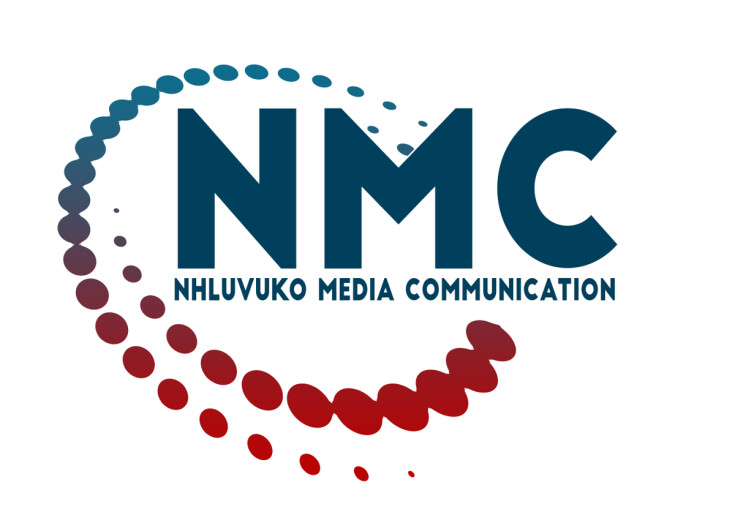
Type: Print
Nthavela is a XiTsonga-language tabloid newspaper that circulates in the mainly rural areas of north-eastern Limpopo province, where most residents are XiTsonga-speakers.
Type: Digital
Politically Aweh is an award-winning youth-oriented explanatory news show that uses humour and satire to raise awareness about important issues to mobilize youth participation in the democratic process.
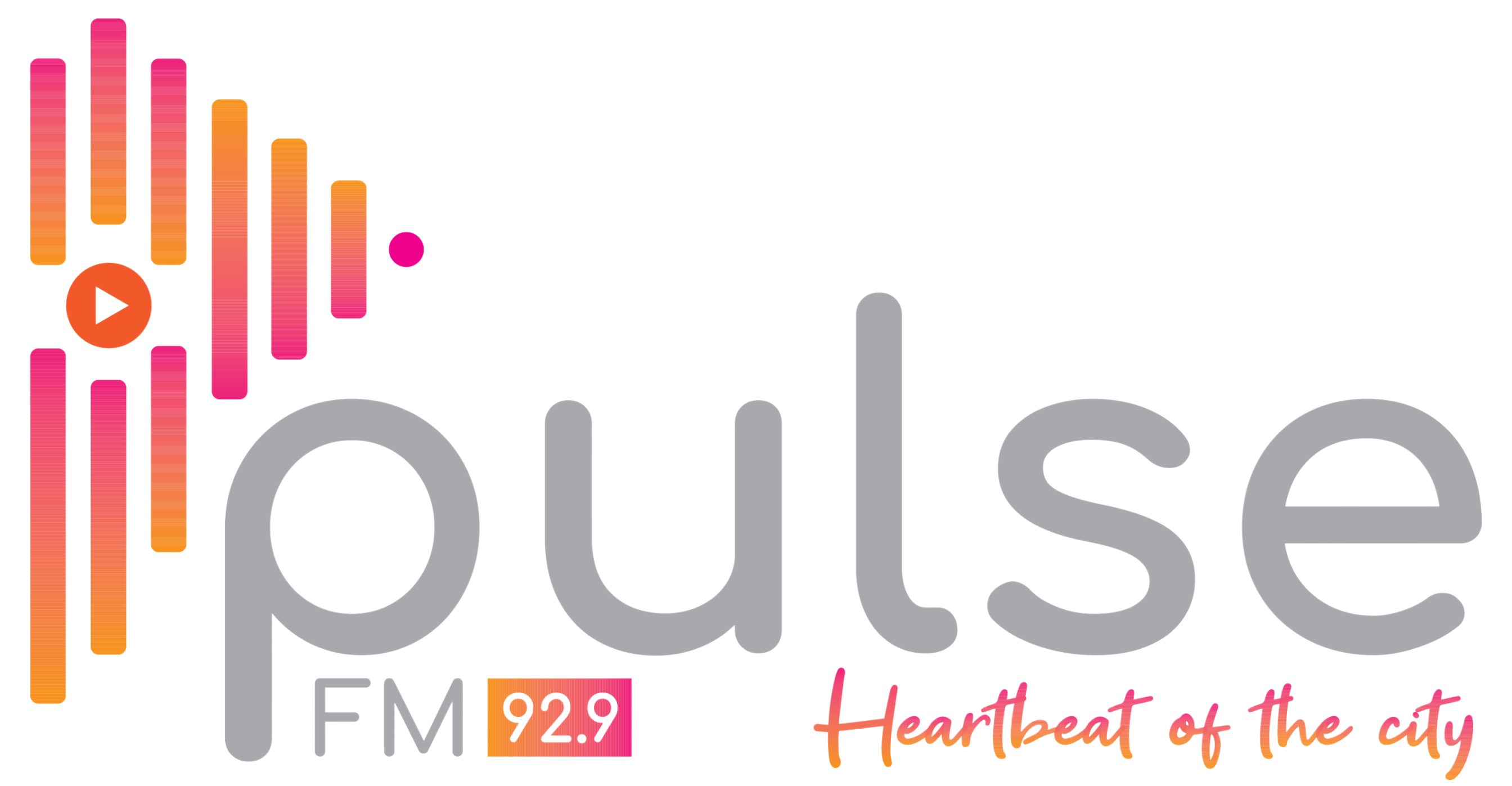
Type: Broadcast
Pulse FM 92.9 is a urban contemporary commercial radio station, offering 70% music and 30% talk content, that promotes local business, lifestyle and tourism in North-West Province.
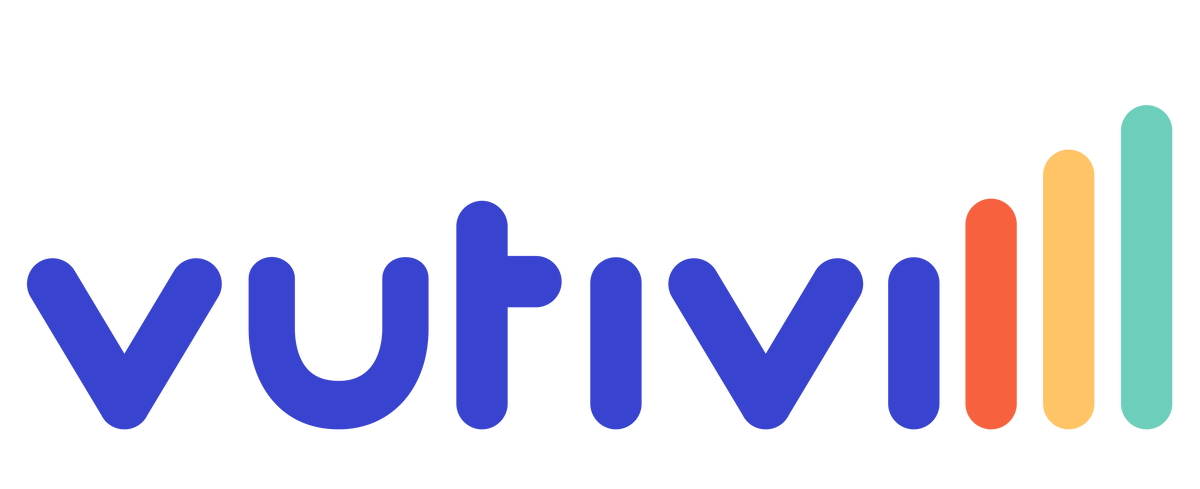
Type: Digital
Vutivi Business News is a digital platform offering news and real small business experience, opportunities, trends and resources to the Small Medium Micro Enterprises readership.
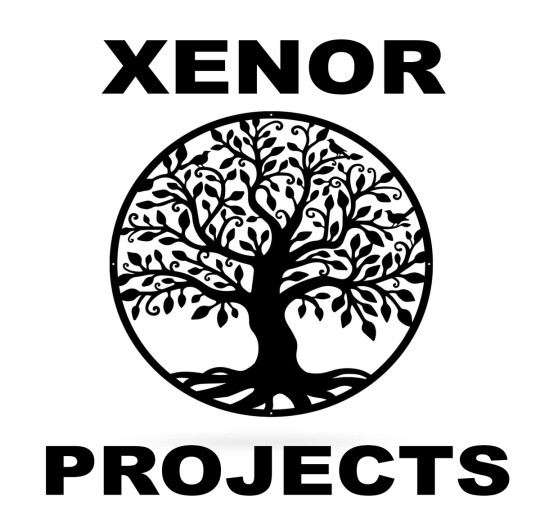
Type: Digital/Print
Xenor Projects is an independent, hyper-local community media publishing house and passionate guardian of three community print and digital publications, Globe Post, Orange Farm News and Walkerville & Savanna City Times.

Type: Digital/Print
Zoutnet CC is an independent news publisher, started publishing online in 1997, catering for residents of the Vhembe area, in northern South Africa, publishing two newspapers, the Limpopo Mirror and the Zoutpansberger.
Do you want to provide funding or support to this program?
Find more information here on how to make a meaningful contribution.

